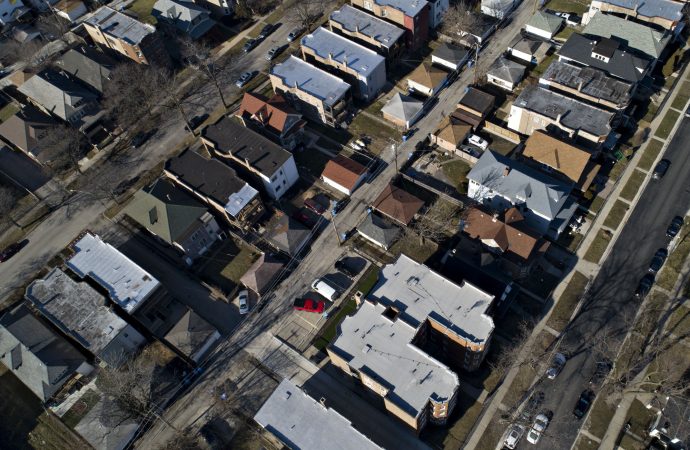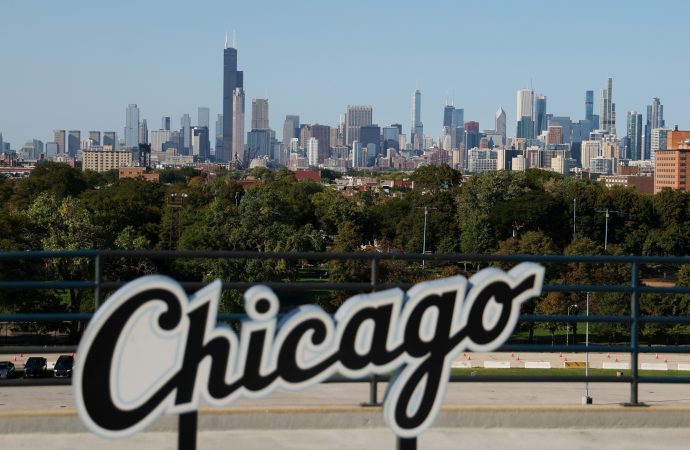Introduction: The proposed mansion tax in Chicago comes at a challenging time for the city’s real estate market. In this article, we will explore the details of the proposed tax, examine the current state of the real estate market in Chicago, and discuss the potential implications of the tax on the market. Proposed Mansion Tax:
Introduction:
The proposed mansion tax in Chicago comes at a challenging time for the city’s real estate market. In this article, we will explore the details of the proposed tax, examine the current state of the real estate market in Chicago, and discuss the potential implications of the tax on the market.
Proposed Mansion Tax:
The proposed mansion tax in Chicago aims to impose an additional tax on high-value residential properties. The tax would apply to properties with a market value above a certain threshold, targeting luxury homes and high-end real estate transactions. The revenue generated from the tax would be used to fund various city initiatives and services.
Challenging Real Estate Market:
The Chicago real estate market has been facing challenges in recent years. Factors such as high property taxes, limited inventory, and economic uncertainties have contributed to a slowdown in the market. The COVID-19 pandemic has further impacted the market, with reduced demand and disrupted property transactions.
Implications of the Mansion Tax:
The introduction of the mansion tax in this already troubled real estate market raises concerns among industry experts and stakeholders. Some potential implications include:
-
Impact on Luxury Home Sales: The additional tax burden on luxury properties may deter potential buyers and slow down sales in the high-end segment of the market. This could further contribute to the existing inventory challenges and price stagnation.
-
Decreased Property Values: The perception of increased taxes on high-value properties may lead to a decrease in property values. This could affect not only luxury homes but also neighboring properties, potentially impacting the overall market.
-
Market Competitiveness: The introduction of the mansion tax in Chicago may make the city less attractive for high-net-worth individuals and investors. This could result in a shift of investment to other markets with more favorable tax environments, potentially impacting the city’s competitiveness.

Image by: https://assets. bwbx .io
Conclusion:
The proposed mansion tax in Chicago comes at a challenging time for the city’s real estate market. While the tax aims to generate revenue for city initiatives, its potential impact on luxury home sales, property values, and market competitiveness raises concerns. It is important for policymakers to carefully consider the implications of the tax and its potential effects on the already troubled real estate market.
Visual Table:
| Key Points | Implications |
|---|---|
| Chicago’s Mansion Tax Proposal | Intended Impact on High-Value Property Transactions |
| Complexity of Chicago’s Real Estate Market | Factors Contributing to the Challenging Landscape |
| Details of the Mansion Tax Proposal | Specifics of the Proposed Tax Parameters |
| Effects on High-Value Transactions | Influence of the Tax on Buyer and Seller Behavior |
| Stakeholder Reactions and Concerns | Feedback and Concerns Voiced by Market Stakeholders |
| Strategies for Adapting to Market Changes | Approaches for Sellers and Buyers in Response to the Proposal |
| Future Trends in Chicago’s High-Value Real Estate Market | Speculation on Potential Outcomes and Trends |
Organic Keyword Usage:
- Chicago mansion tax, real estate market dynamics, high-value property transactions, tax proposal details, stakeholder reactions, market challenges, future trends.

















Leave a Comment
Your email address will not be published. Required fields are marked with *